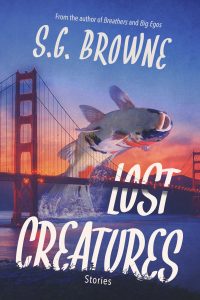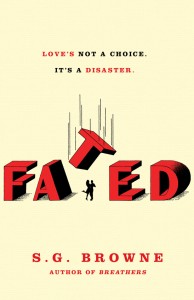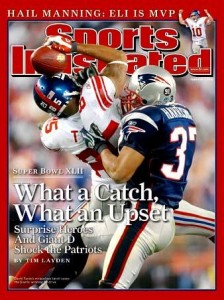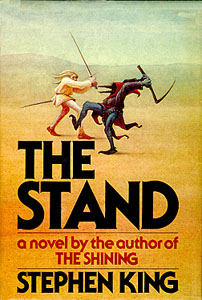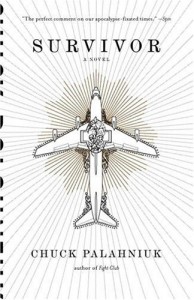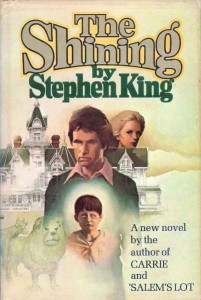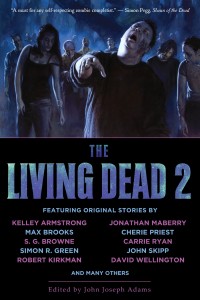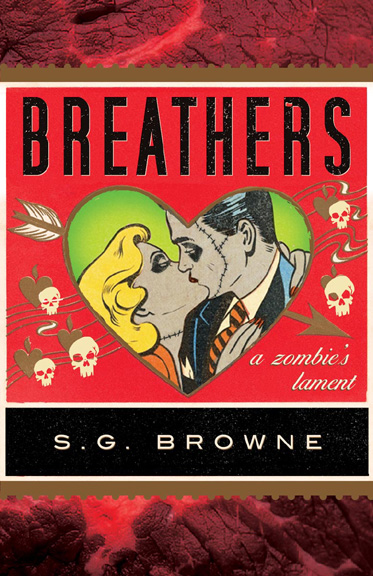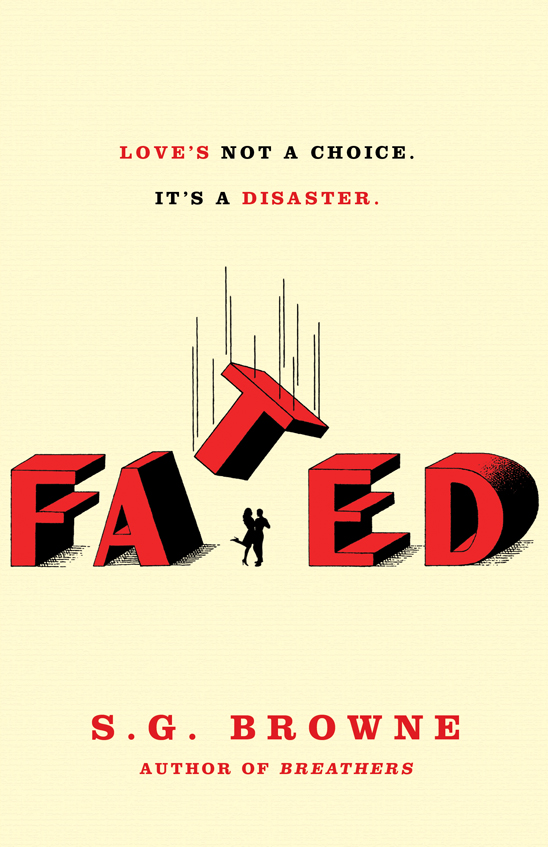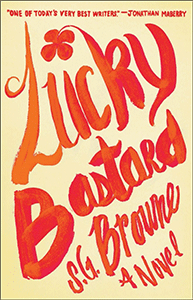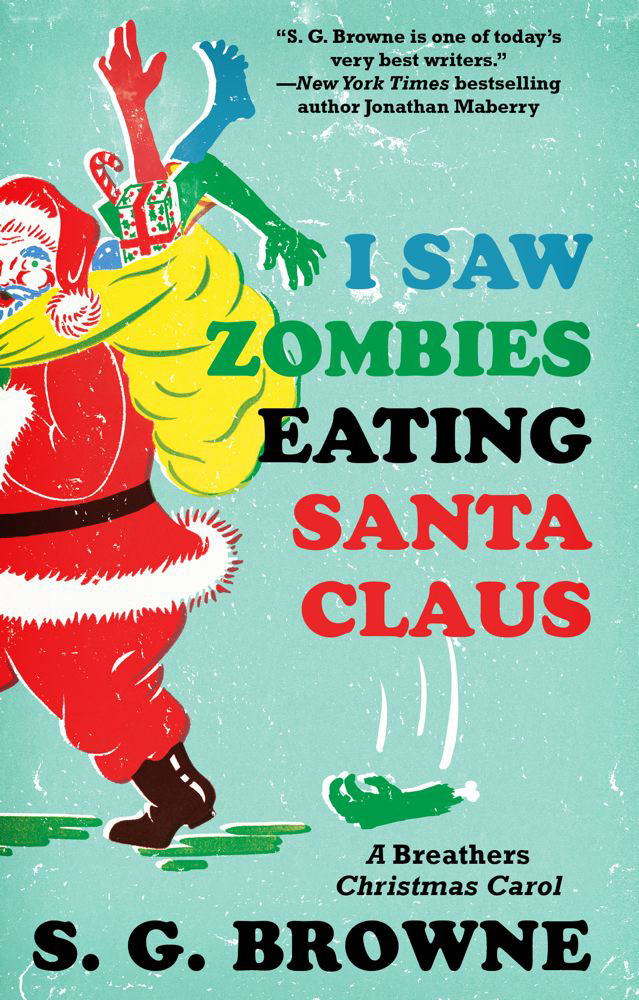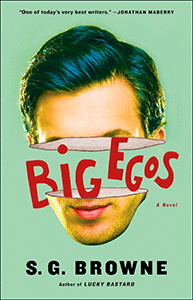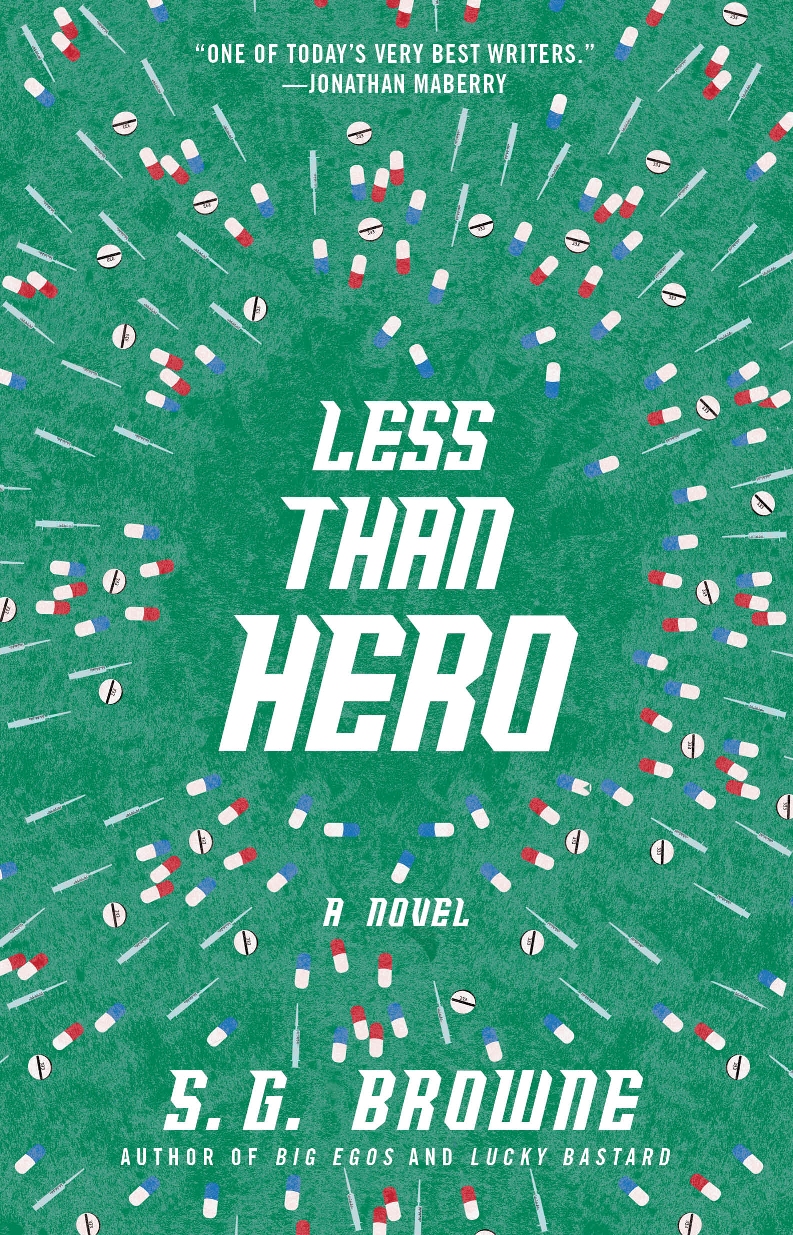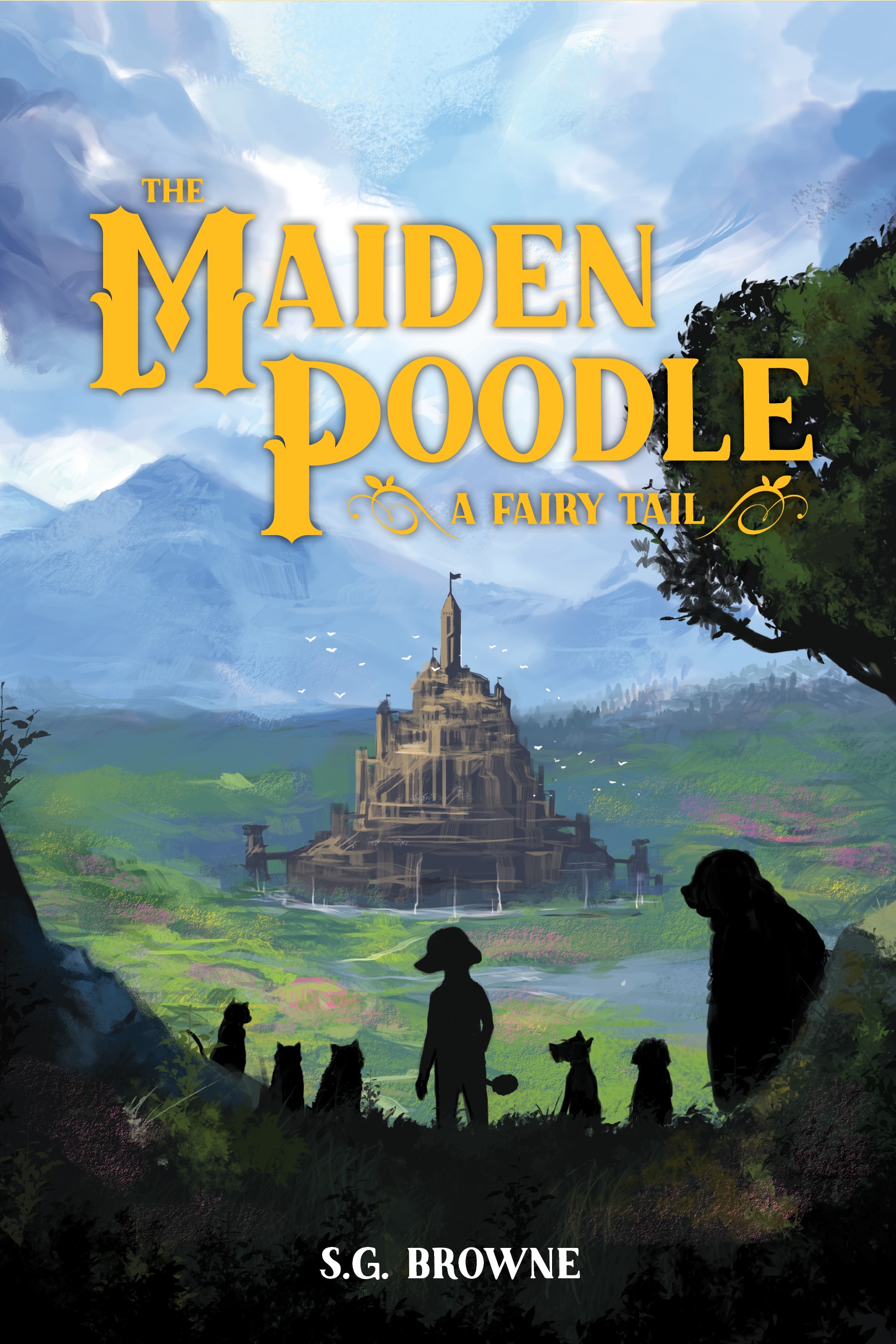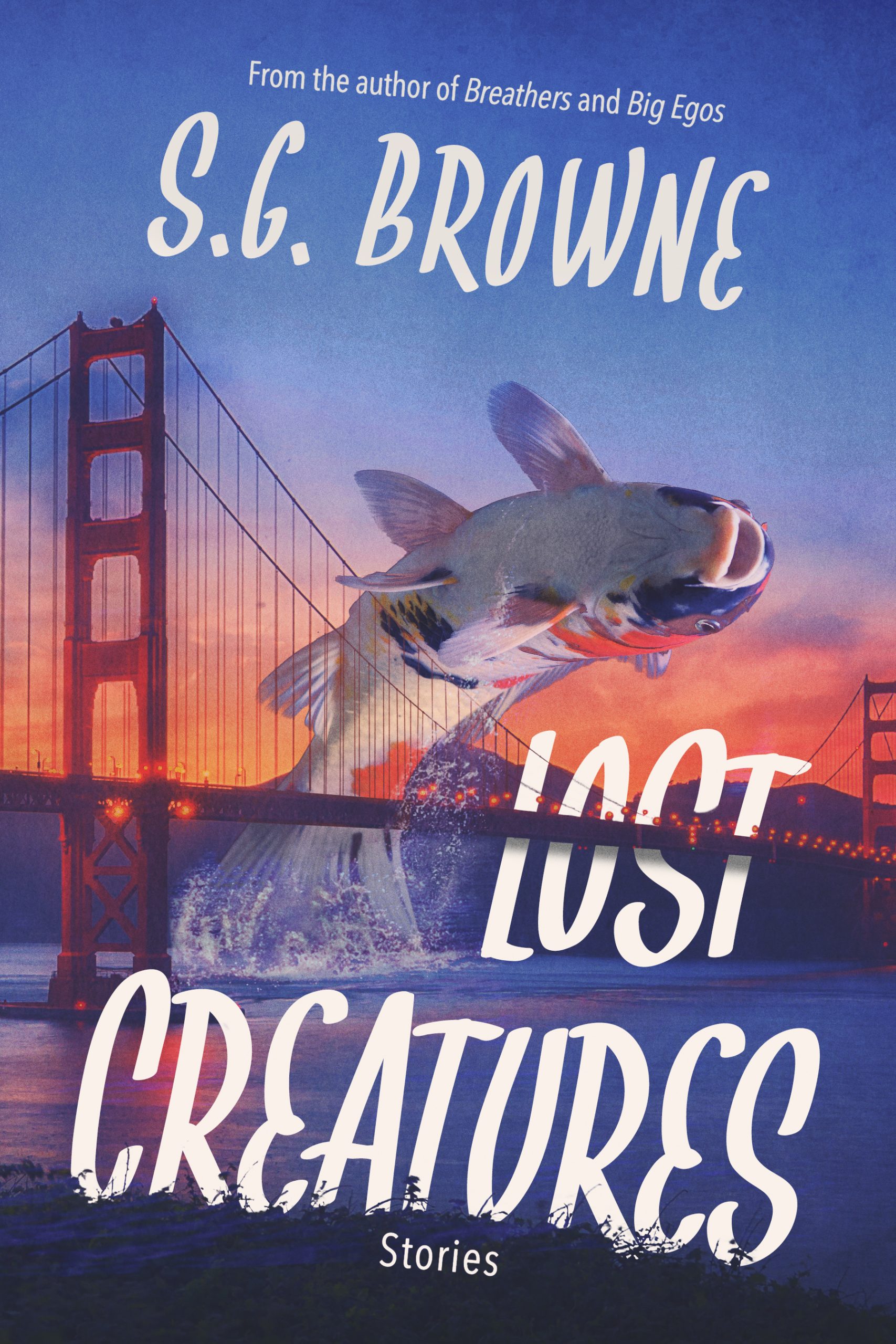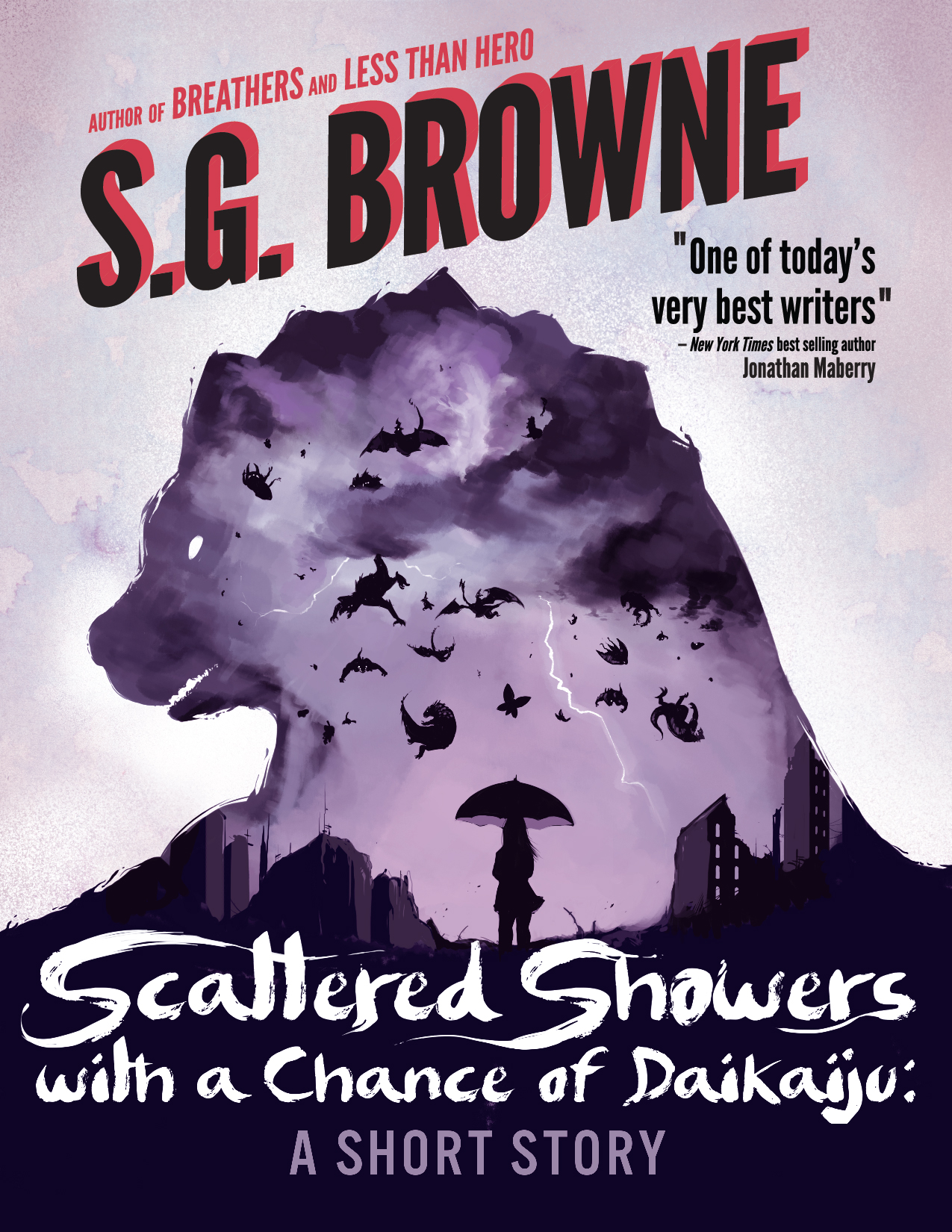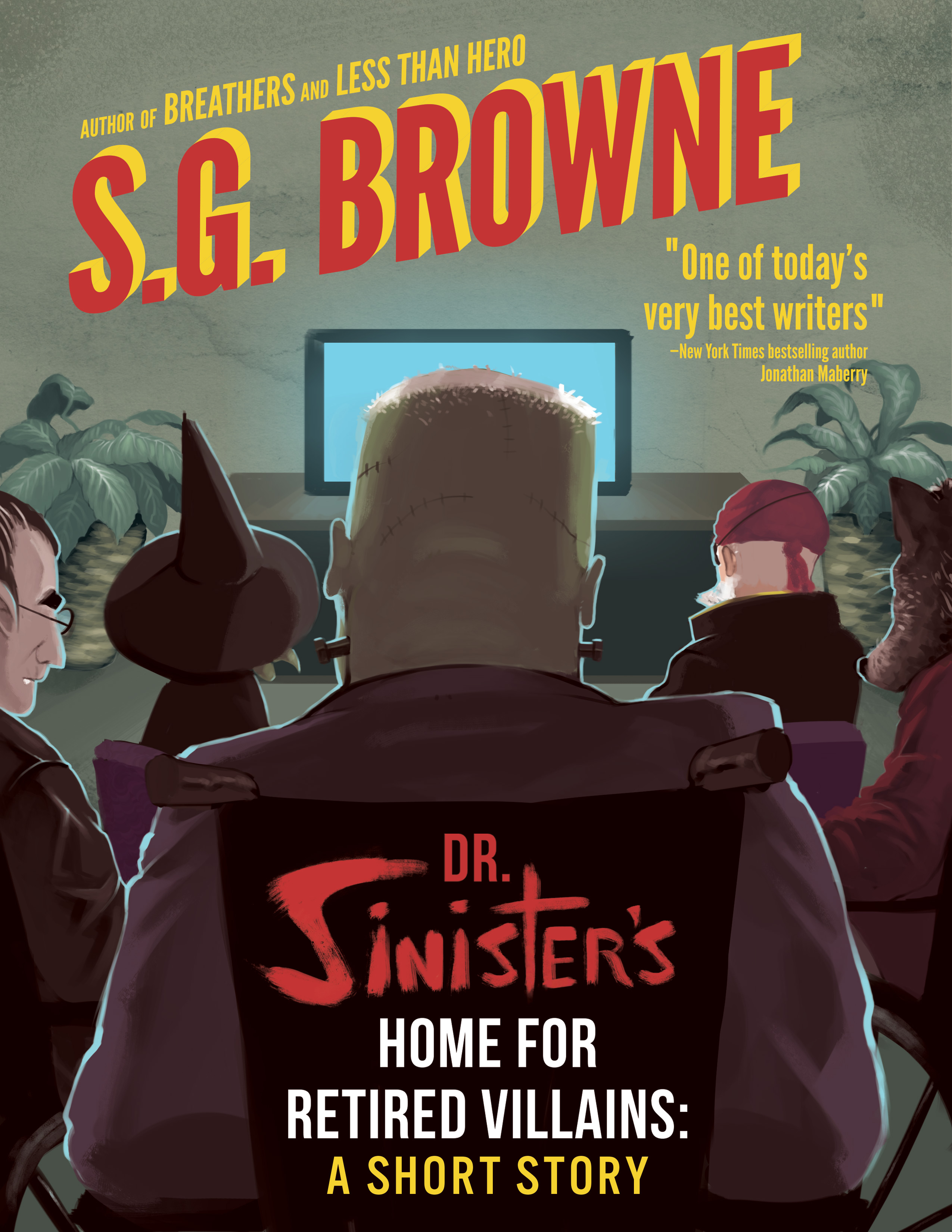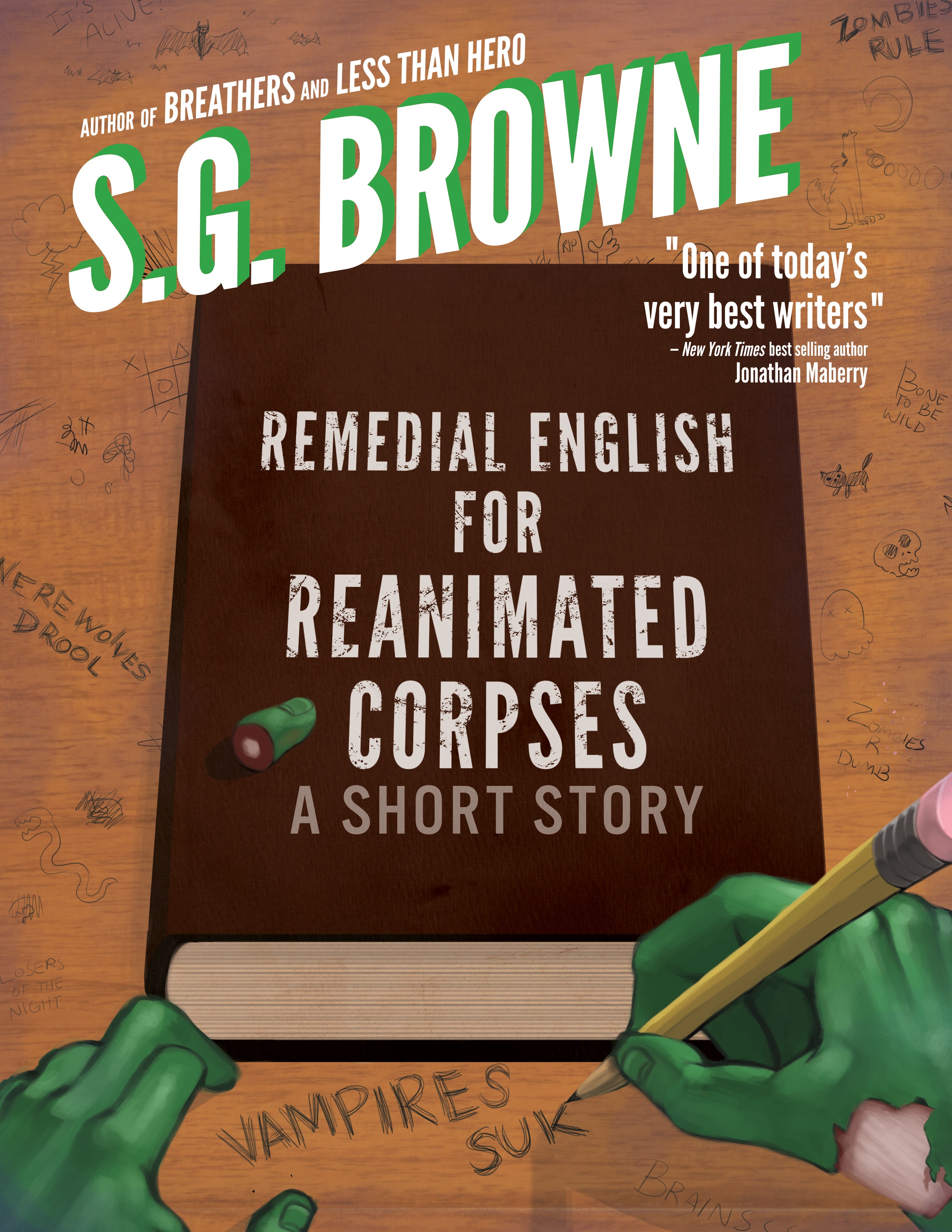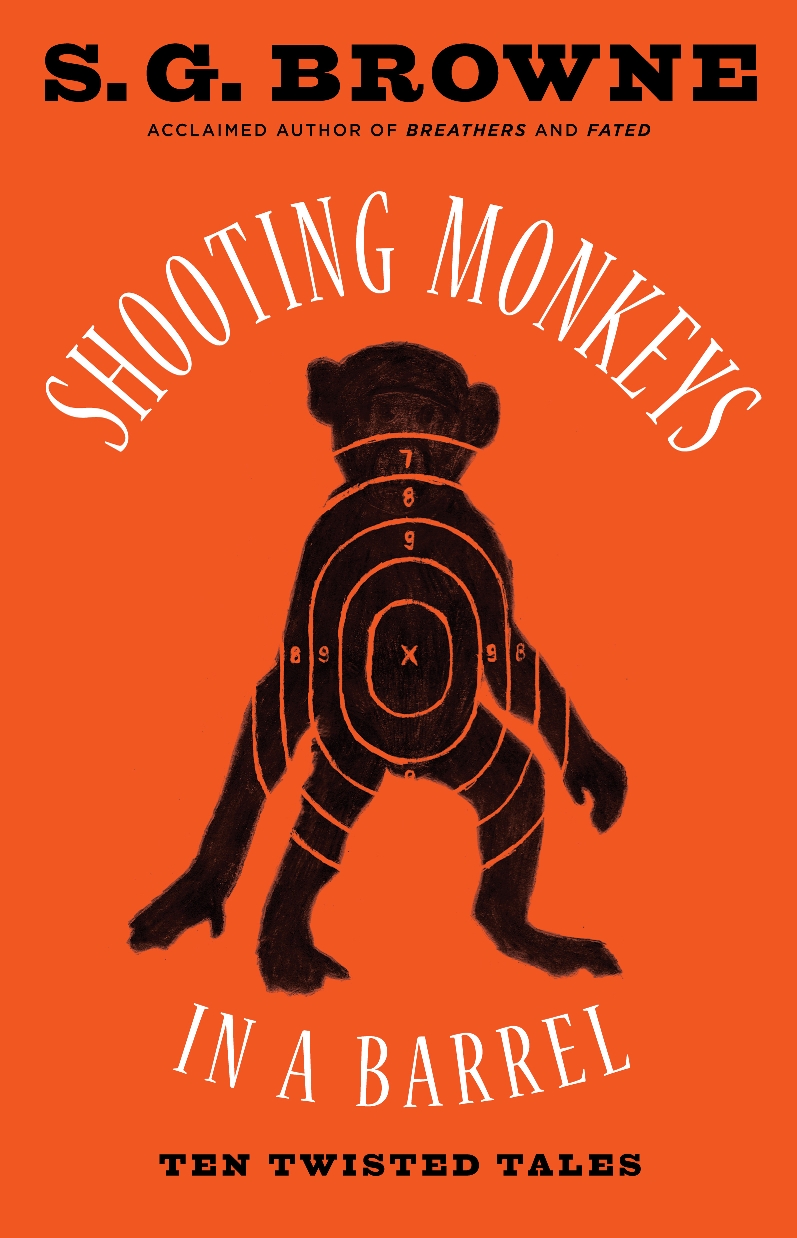T is for To, Tooth, and Talisman
 We’re in the home stretch and down to the last quarter (more or less) of the alphabet. And looking forward, there are only a couple of letters left with any significant entries. Not a whole lot of books that start with X, Y or Z. So let’s try to make this one count.
We’re in the home stretch and down to the last quarter (more or less) of the alphabet. And looking forward, there are only a couple of letters left with any significant entries. Not a whole lot of books that start with X, Y or Z. So let’s try to make this one count.
Some of the titles I’ve read that begin with the letter T include The Three Musketeers (Dumas), The Time Machine (Wells), Treasure Island (Stevenson), The Turn of the Screw (James), They Thirst (McCammon), Tender is the Night (Fitzgerald), The Tommyknockers (King), and The Tomb and The Touch (F. Paul Wilson).
While I enjoyed all of the titles above, the three that made the top of the list were fairly clear cut and diverse. One of them is a classic, one a twisted fairy tale, and the other the book that made me want to become a writer.
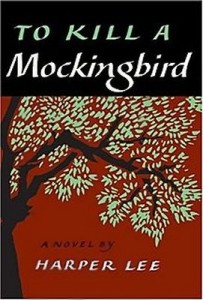 Classically Superb
Classically Superb
To Kill a Mockingbird, Harper Lee
No, the word “to” is not an article, so this book falls here rather than in the Ks. Although I’m sure someone can come up with another author who falls into this category, I can’t think of a better one hit wonder than Harper Lee. Her only published book, To Kill a Mockingbird still resonates with me thirty years after I first read it. And the names are as familiar to me as my friends. Scout, Jem, Boo Radley. I even named one of my cats Atticus. A Pulitzer Prize of a novel.
Twistedly Delightful
The Tooth Fairy, Graham Joyce
This 1997 British Fantasy Award winner for best novel is a dark, supernatural, and wonderful coming of age story that resonates with great characters and a steady, underlying menace. At times playful, horrifying, and charged with sexual tension, Joyce writes a novel with an underlying wit and menace that makes for a compelling narrative.
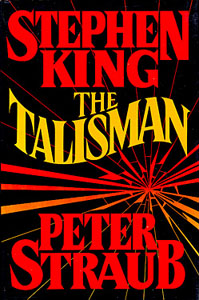 Markedly Infulential
Markedly Infulential
The Talisman, Stephen King & Peter Straub
I was sitting on the couch in my room during my sophomore year in college, reading The Talisman and getting so caught up in the adventure unfolding within the pages that the world outside of the book ceased to exist. At one point I stopped and thought: “I want to make others feel this way.” While it’s not my favorite book by King or Straub (those would be The Stand and Ghost Story), this novel had a profound impact on the path I would eventually choose to follow.
Bonus Commentary
Twilight, Stephanie Myers
Personally, I’m not a big YA reader or a big fan of vampires. When it comes to horror, give me aliens, ghost, or zombies. But I will say that vampires should never, ever, EVER sparkle in the sunlight.
